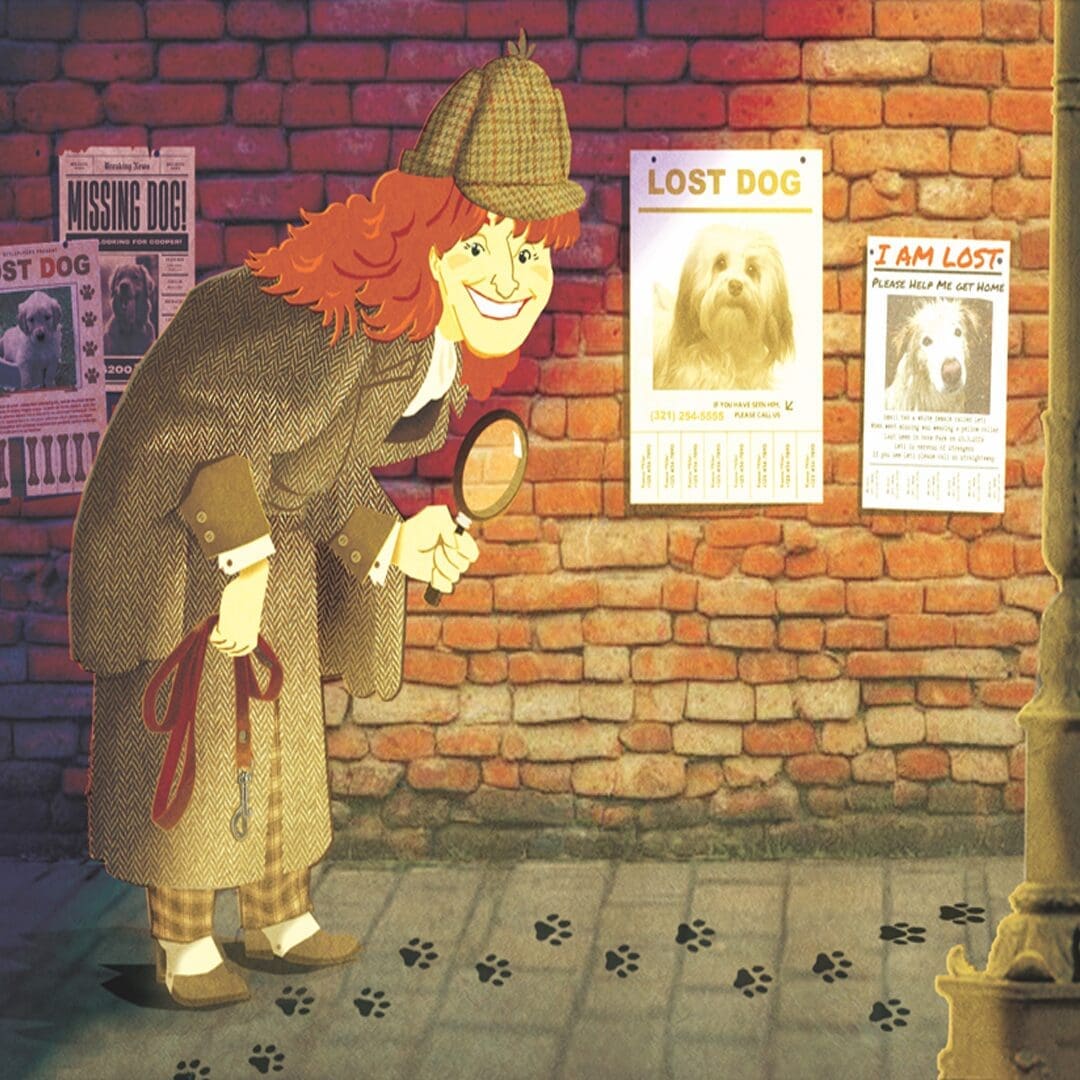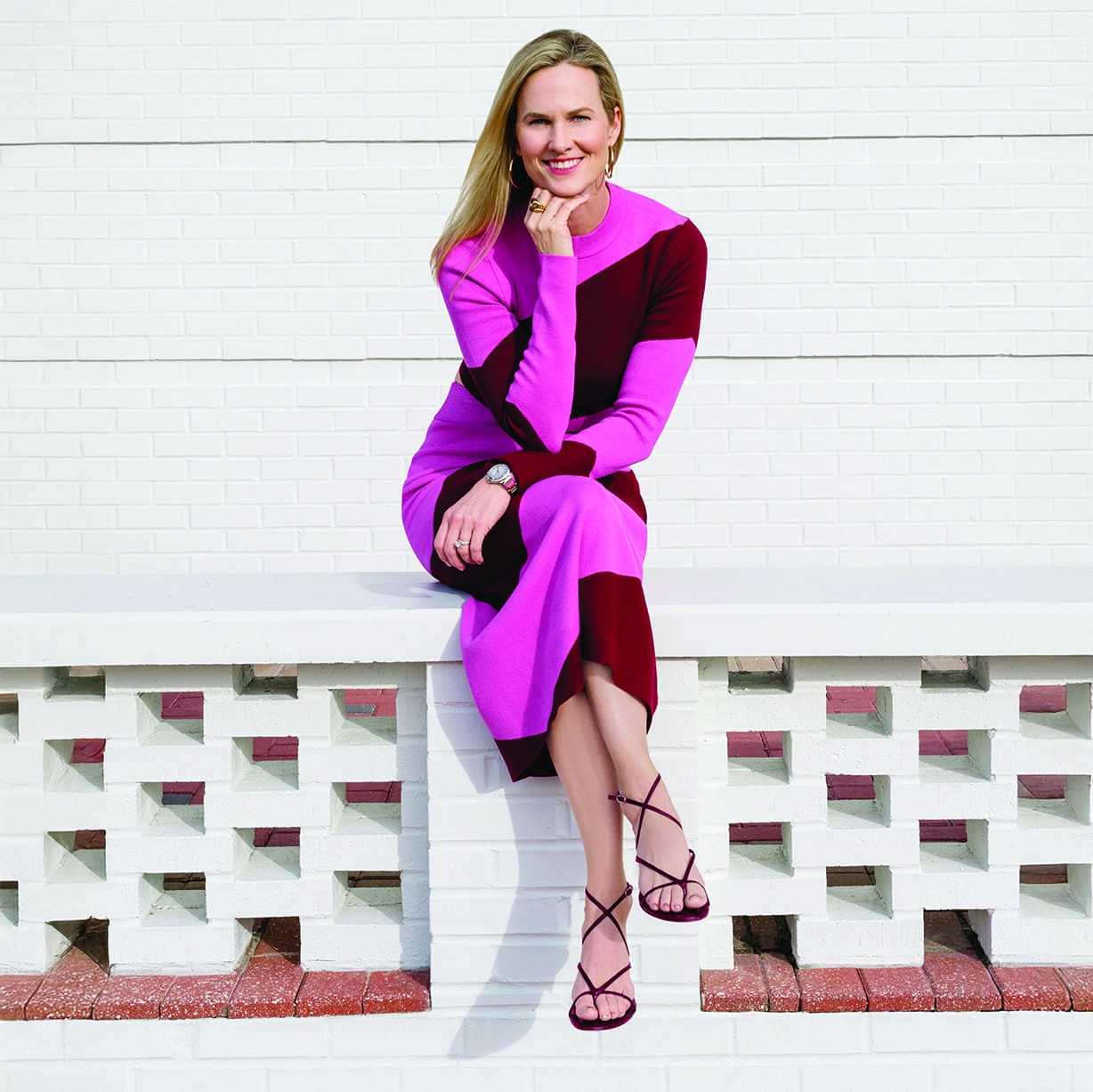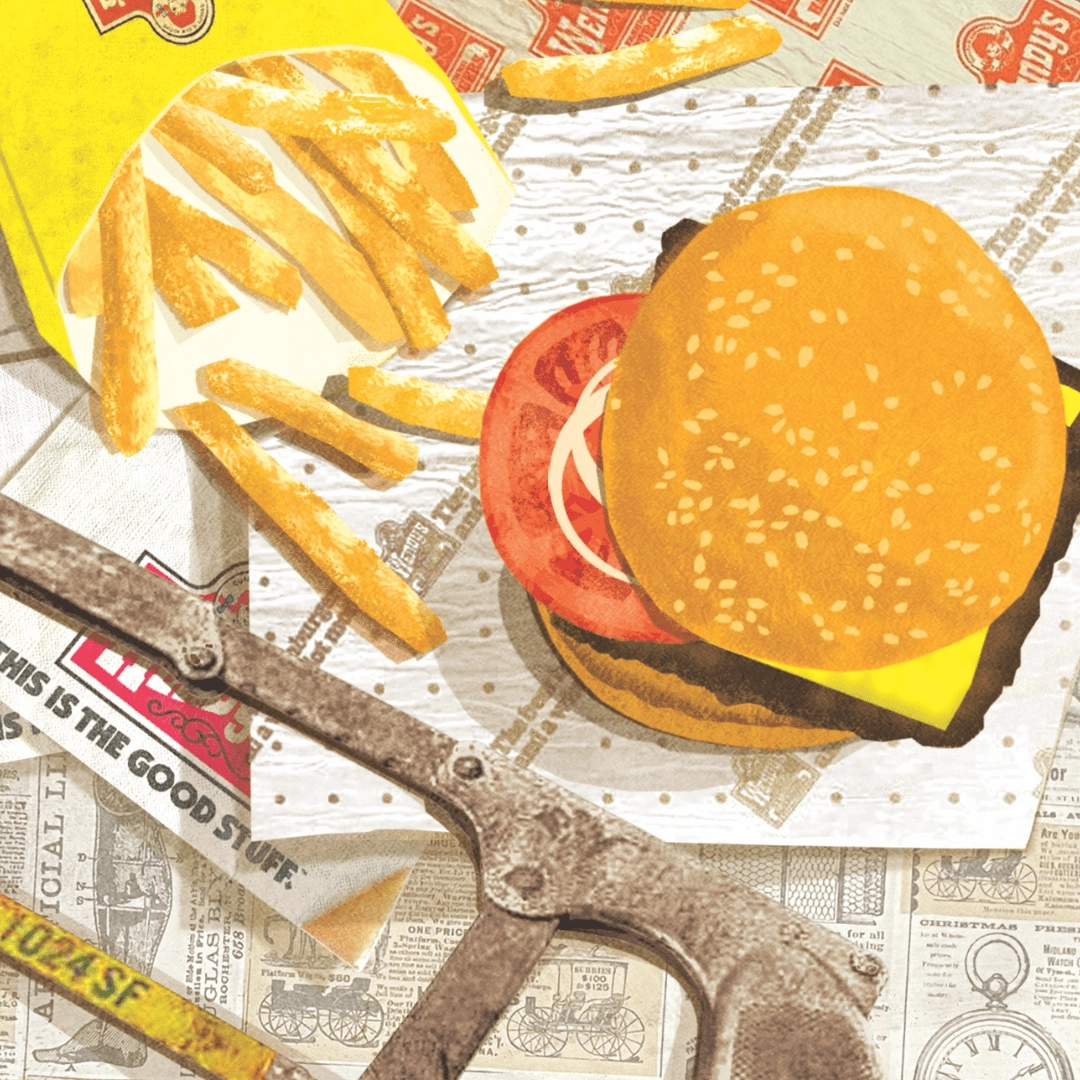Rockwell Versus Orwell
A nostalgic and historic look at America’s problem with guns
Back in the mythic good ol’ days America could be seen through a collection of Norman Rockwell paintings. Everybody yearned to have their place at the table at that bountiful Thanksgiving dinner and could feel the warm embrace of the red, white and blue in the Rockwellian barber shop, school and doctor’s office. As a patriotic American, I personally felt a sense of pride and safety in the portraits of the soldiers in the Memorial Day parade, rifles on shoulders; the cop at the diner, revolver on hip; and the bird hunter writing graffiti on the “No Hunting” sign, twin gauge under arm. But if the weapons in the portraits were high-muzzle velocity weapons like the AR-15, my sense of safety would evaporate.
The often repeated statement, “Guns don’t kill people, people kill people,” gives me zero comfort for our current American condition. Mass killings with firearms are not common experiences in other cultures, even if some of those cultures idolize violence, incarcerate as opposed to medicate the mentally ill, have widespread gun availability and various levels of wealth and prosperity. As Americans we have to own this scourge. I do not believe that our society has lost its moral compass or that our children are desensitized to violence from graphic video games like “Call of Duty” or “Doom,” nor do I think America is home to a higher percentage of people prone to violence or homicidal dementia. Then what is the condition here in the land of the free and the home of the brave that makes mass shootings so much more commonplace?
It takes fuel, oxygen and heat to make a fire. I suggest that to have mass murders you need the means, the motive and the tools. If you remove any of those three, the mass shootings could stop, too.
First, the means. Prosperity provides the means and the material comfort to the perpetrator to prepare and obtain the tools. As for the motive, what motivates the madness or the evil that results in the killing of the innocent? I assert that America has no unique culture of killing compared to the rest of the world. Clearly, the rule of law, a moral code and the risk of punishment are used around the world to deter murder.
And then there are the tools of mass shootings. Unique to America are cheap and lethally efficient weapons that are easy to obtain. In particular, high-muzzle velocity, multi-round weapons are unrestricted consumer products. And why? These long guns are useless as hunting weapons – the rounds destroy targets and are only marginally more effective as a self-defense tool compared to any other firearm. This modern military firearm is a tool designed for mass killing that effectively performs its destructive task.
Millions of people own these high-muzzle velocity weapons and do not commit mass shootings, yet the lethal efficiency of this firearm suggests to me that the risk of even one of these weapon in the wrong hands is more dangerous than an infringement upon our right to bear arms. The accessibility of these incredibly lethal tools coupled with the means to obtain them are a uniquely American plague.
Is it true that as the richest country in the world, everyone has the right to happiness and safety? Such populist misdirection may be very dangerous.
If we as Americans replace the culture of “the pursuit of happiness,” which does accommodate failure and economic disparity, with “the right to happiness,” I assert that our country’s culture will degrade into a path of hate, finger pointing and a destructive absence of personal accountability.
Extremists on either side of the gun control fight could substitute the right of pursuit with the right to the goal, effectively a fundamental alteration to founding document of our country: The Declaration of Independence.
Gun advocates might insist it is their God given right to carry AR 15s, so their security can be assured and they can be safe and happy. Those lobbying for better gun control might put full faith in the government to use the police state to prevent anyone from having a weapon; in this way, they’d get their God given right to safety.
The last time America ripped itself apart in this way, we saw Happiness is a Warm Gun (pro-Vietnam War, silent majority), versus Mama put my Guns in the Ground (peaceniks, hippies, anti-war). This time could be worse. Our democracy is messy, and the power still resides with the people, but history has shown divisiveness can be dangerous—the tragic Vietnam/Cambodia lead to further tragedy like Kent State.
Today’s divisions can be oversimplified. On one side we have a neo-conservative fascist yearning for the fake post-World War II era that is white supremacist, anti-immigrant, homophobic and a staunch defender of second amendment rights. On the other extreme side are social justice warriors demanding that the government redistribute wealth using reparations for all the harm, fear and marginalization wrought by racism, slavery, sexism, homophobia and environmental damage, with social policy trumping economic logic. These massive social pressures are not completely aligned with either political party, but the passions they inflame misdirect policy – and our media feeds the flames for the sake of revenue and clicks.
Should we discard the icons of Rockwell as old-fashioned and un-American? I say no. I love those portraits and respect their sentiments.
Would the banning of the AR-15, the licensing of gun owners, or the rationing of firearms and ammunition make us a better people? Yes, such policies would be very American and could be exactly what the founding fathers foresaw as our Constitution allows a pivot to a regulated militia away from the right to bear arms, which shall not be infringed. Would even the full restriction of gun ownership be a fair price to pay, in terms of a lost freedom, to stop one mass killing? Reagan would say yes. I do, too.
So if the choice is to idolize Rockwell’s images over Orwell’s, I’ll take Rockwell every day.






